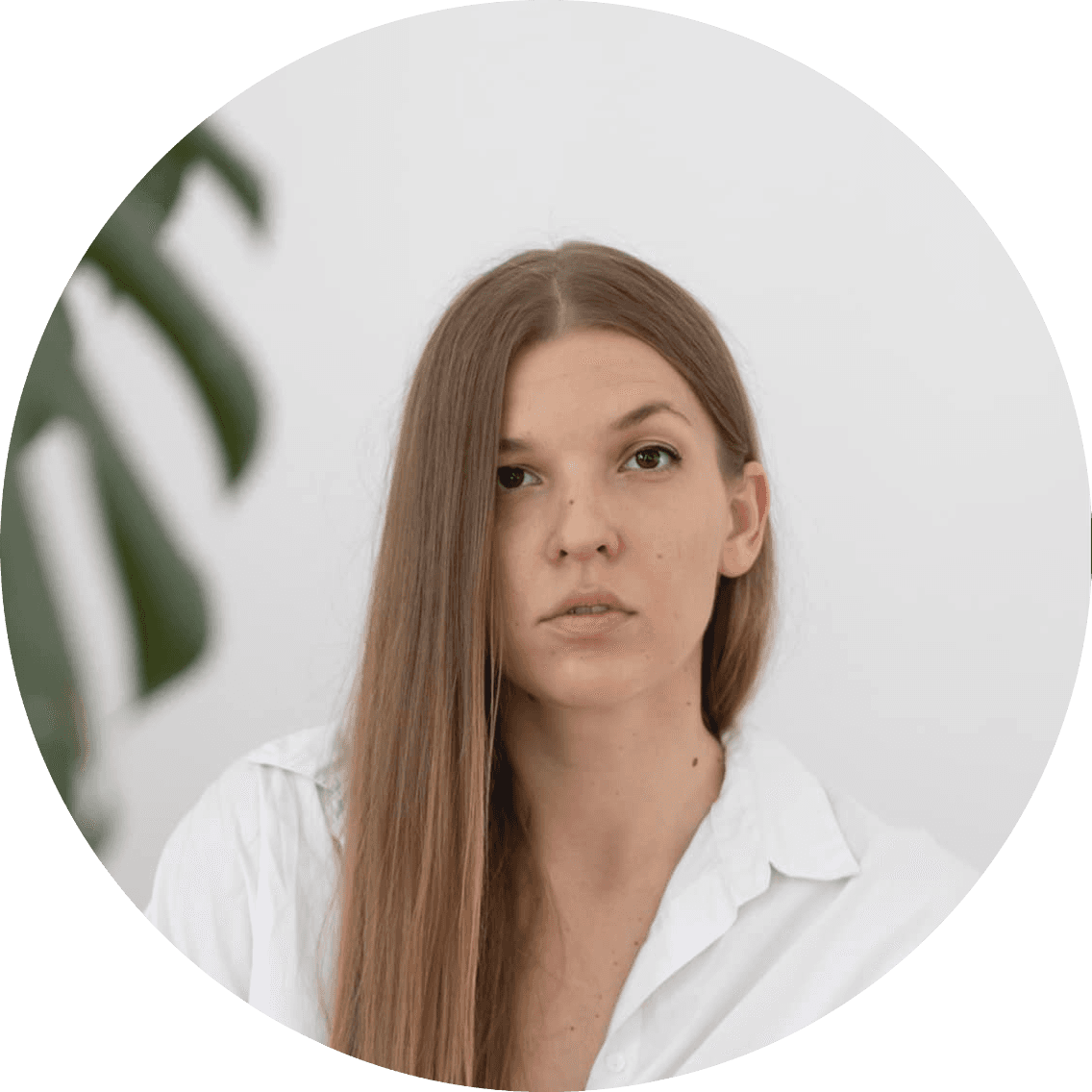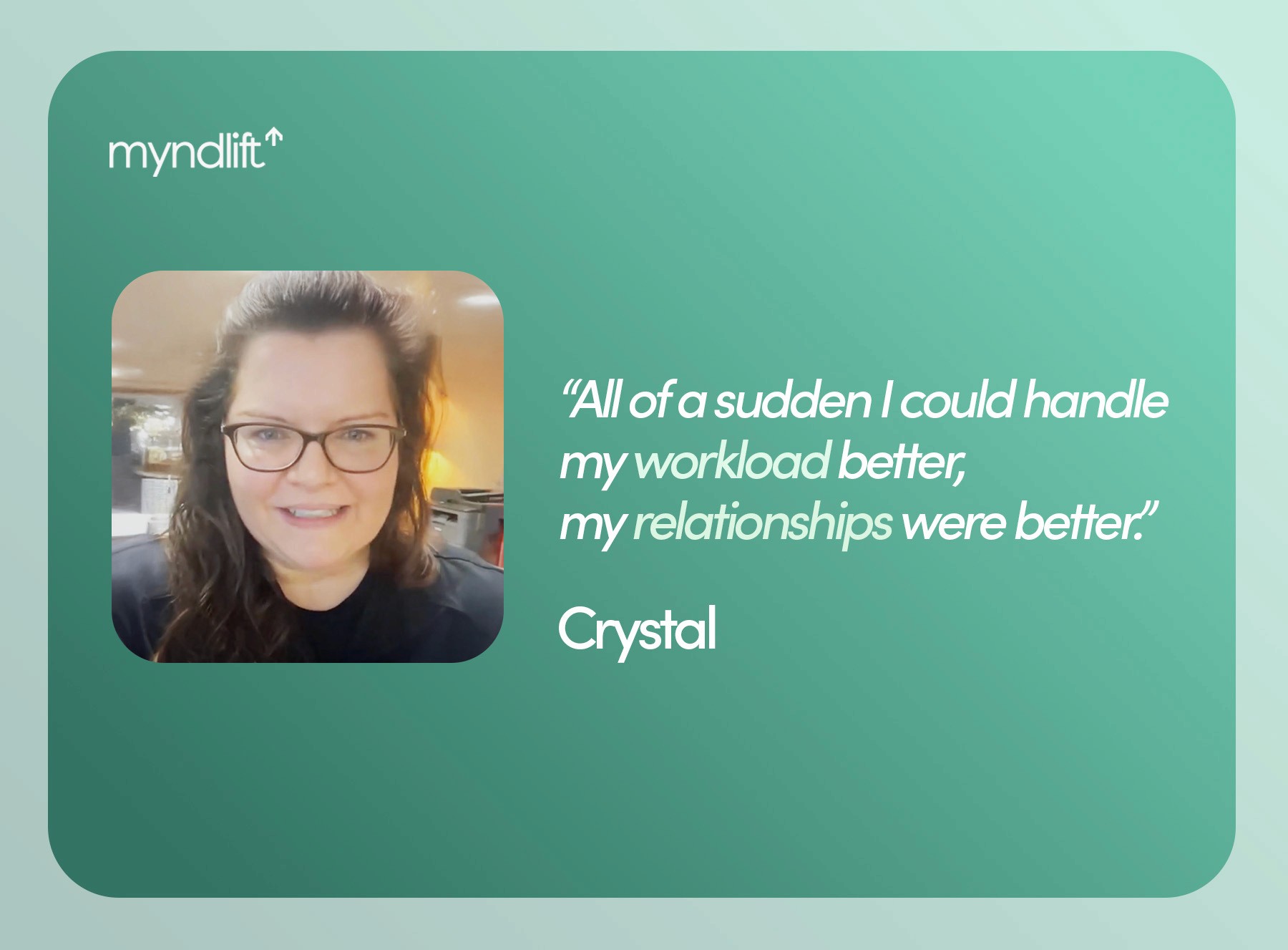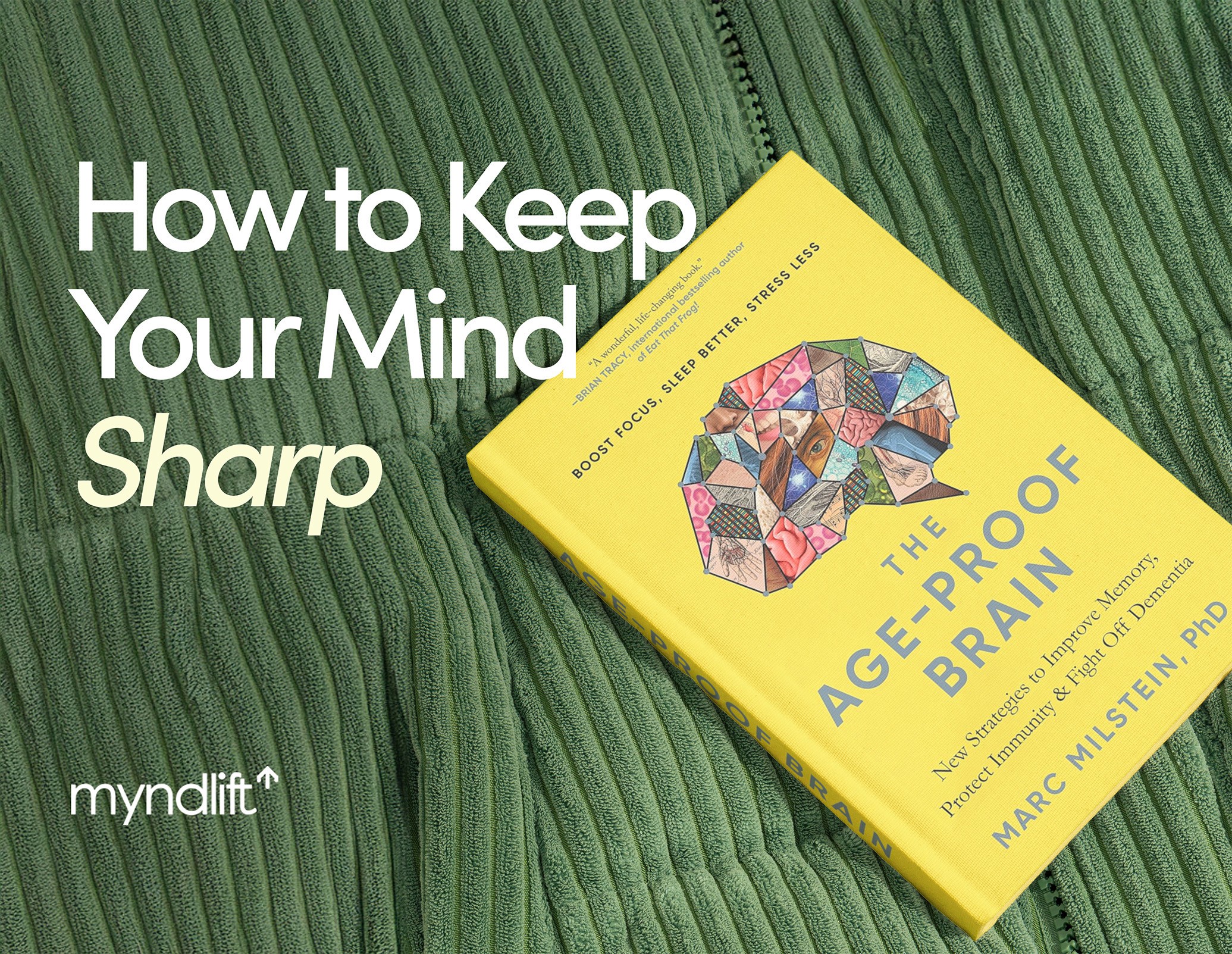Over the last 50 years, neurofeedback has helped people worldwide achieve optimal performance in an increasingly challenging environment. There are hundreds of research studies supporting its efficacy and a rising number of people whose well-being has improved thanks to this type of brain training.
Little by little, neuron by neuron, neurofeedback is changing people’s lives! So it's no wonder that becoming a neurofeedback expert has become such a prevalent role.
We talked with Dr. Diana Kaplan, therapist Zara Dureno, and Dr. Sarah Murphy in order to learn more about their neurofeedback journey. Their valuable knowledge, actionable advice, and real-life patient stories will be shared in this three-part article series in which you’ll discover:
1) How to get started with neurofeedback
2) How to get the most out of the neurofeedback training process
3) How to explain neurofeedback to your clients
Entering the World of Neurofeedback
"There is something magical about any device that lets us see into the brain." – Stephen Larsen
Neurofeedback is a method of brain training that focuses on helping brainwaves reach optimal performance. By setting appropriate goals, individualized for each client, this type of training can reduce certain psychological symptoms and enhance cognitive performance.
It has been found beneficial in reducing symptoms of a variety of brain disorders, including ADHD, anxiety and PTSD, depression, sleep issues, addiction, autism, epilepsy, and aiding in the rehabilitation of traumatic brain injuries.
"I heard about neurofeedback on a podcast from a concussion clinic in Toronto. I thought it was really interesting. It seemed like it was helping the clinic with clients who were stuck or were kind of plateauing. Shortly after, I got hired to work at a clinic that treats concussions and TBI, so I thought it would be a really good addition to our clinic," says Zara Dureno, one of the neurofeedback practitioners that we interviewed.
Becoming a Neurofeedback Practitioner
Practitioners can enter the field as therapists or coaches and they may even be teachers, psychologists, doctors, or nurses. Generally, a bachelor's degree is required, and many practitioners also have master's level education. Doctors and psychologists typically complete six to eight years of formal education, plus several years of residency or internship.
"I did my degree in neuroscience, so I had a background in that. I feel like someone who didn't would probably feel overwhelmed by training. But getting the education offered in Myndlift Academy, doing all the courses there plus the BCIA certification course, has been really beneficial and interesting," says Zara Dureno.
In order to get certified in neurofeedback, you can get a BCIA certification through the following accredited programs that provide 36 hours of education to fulfill the didactic requirement toward certification.
"The learning process is fascinating. I love to learn about neurofeedback because it's incredible the advancement that technology is bringing us. Just the idea that I can monitor brain activity on my computer has always amazed me, and the fact that I'm with my patient within a Myndlift dashboard gives me a lot of enthusiasm and will to learn more," explains Dr. Diana Kaplan, a certified ADHD coach, and a neurofeedback practitioner.
Working From Anywhere in the World
In the past, neurofeedback was only available in specialized clinics, but today people can use it from the comfort of their homes.
Despite Dr. Diana Kaplan having 30 years of experience in biofeedback and neurofeedback under her belt, she has recently started to enjoy the benefits of remote neurofeedback.
"I look at the big machines of the past, and remote neurofeedback is so easy, especially after the pandemic. Myndlift is just really something that's up-to-date, and it's global. It doesn't matter if I'm in Argentina, because I can also see a patient in America, and that's because of Myndlift. What matters is that the help is there, and we can do it. The location doesn't matter," says Dr. Kaplan.
Dr. Kaplan studied with Elmer Green, one of the pioneers of biofeedback. As a clinical psychologist, Dr. Kaplan has worked mainly with individuals with learning disabilities and ADHD.
"At that point, because I worked with so many ADHD patients, neurofeedback was always on my mind. I noticed that many parents didn’t want their children with ADHD to take medication, which is one reason I started offering cognitive neurofeedback to my clients. Then I found Myndlift and thought, ‘This is perfect.’ At that point, I was far away from America, it was complicated, and I thought, ‘This is the best thing I can do.’ So, that's how I started with Myndlift and with excellent results," explains Dr. Kaplan.
Apart from being used for a variety of brain disorders, neurofeedback can also be used to promote stress recovery and improve sleep quality, which is essential to optimal brain performance and resilience. That’s why remote training is particularly convenient for professional athletes.
"In this facility, we have a lot of people who travel, especially professional athletes, so remote neurofeedback allows us to help more people. That's incredible. Also, for me, the cultural side of it is fascinating. We have clients in Israel, Tokyo, and Canada. Getting to know people all around the world and hearing their stories is incredibly rewarding and eye-opening for me," explains Dr. Sarah Murphy, a neurofeedback specialist at Brain Code Centers. She focuses her practice of neurofeedback on peak performance and flow state achievement. She also works with concussions, traumatic brain injury recovery and resilience, sleep disorders, and stress management.
How to Get a Neurofeedback Qualification?
In our next article, we're going to share insights from clinicians who completed the BCIA-accredited education program and eventually scaled their practice.
Trained neurofeedback practitioners are going to share their own experiences, including helpful books they read, the advice they found useful, and other highlights of their neurofeedback journey.
Stay tuned!
Create custom EEG training protocols, offer easy in-app training, expand your client base, and make home neurofeedback work for you. Schedule a Myndlift demo today!
About the author:
Dubravka Rebic
Dubravka Rebic puts a lot of time and energy into researching and writing in order to help create awareness and positive change in the mental health space. From poring over scientific studies to reading entire books in order to write a single content piece, she puts in the hard work to ensure her content is of the highest quality and provides maximum value.




